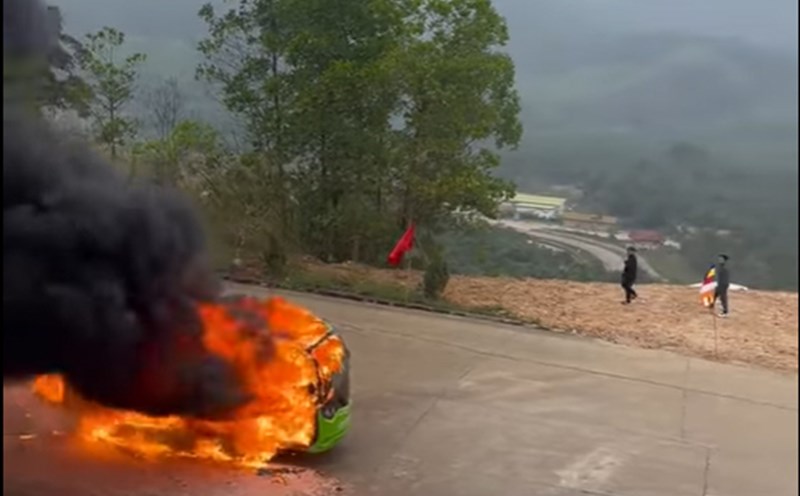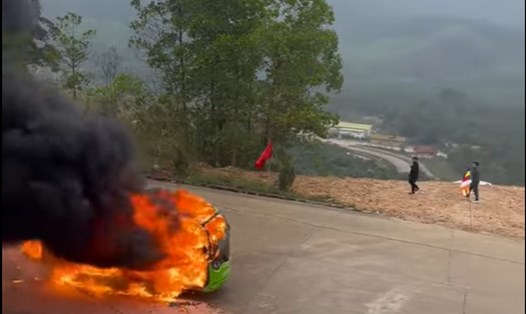1. Damaged or downsized power system
One of the common causes of vehicle fires is an electrical system failure. Modern motorbikes and cars both use an electrical system to start, light and operate many other devices.
If the power lines are bitten by a rat, leaked, or the circuit breaks due to the installation of additional non-technical equipment such as lights, horns, anti-theft systems, etc., the risk of fire and explosion is very high.
"Modulating" the vehicle without inspection or installation by a professional technician can change the original electrical structure of the vehicle, causing overload, leading to electrical fires.
2. Fuel leak
Gasoline and oil are volatile and flammable. If fuel containers such as fuel tanks, pipes, spraying,... are cracked or not installed tightly, the risk of fuel leakage is very high. When fuel leaks into heat or fire, the vehicle can immediately catch fire.
Many vehicle fires occur because drivers do not detect leaks in time, or because the vehicle is not inspected and maintained periodically to detect potential damage.
3. Poor fuel quality
Using poor quality gasoline or oil can also be a cause of vehicle burns. Some types of floating fuels on the market can contain impurities, easily causing congestion, heating up or damaging vehicle parts, especially in the engine and spraying system. These damages can generate fireworks or unusual temperatures, causing fires.
4. No regular maintenance
Many personal vehicle users do not have the habit of regular maintenance. Parts such as electrical systems, fuel tanks, engines, etc., if not checked regularly, will easily deteriorate and rust, thereby increasing the risk of fire and explosion.
In particular, in humid hot climates like Vietnam, rubber or plastic details can quickly rot, crack, leak fuel or make electrical conductors exposed.
5. Parking at high temperatures or near fire sources
Parking outside in the hot weather for a long time, or near heat sources such as gas stoves, welding areas, incinerators, etc. also poses a risk of vehicle fire. High temperatures can increase the pressure in the fuel tank, deform plastic and rubber parts or cause a fire if the power system has a problem.











